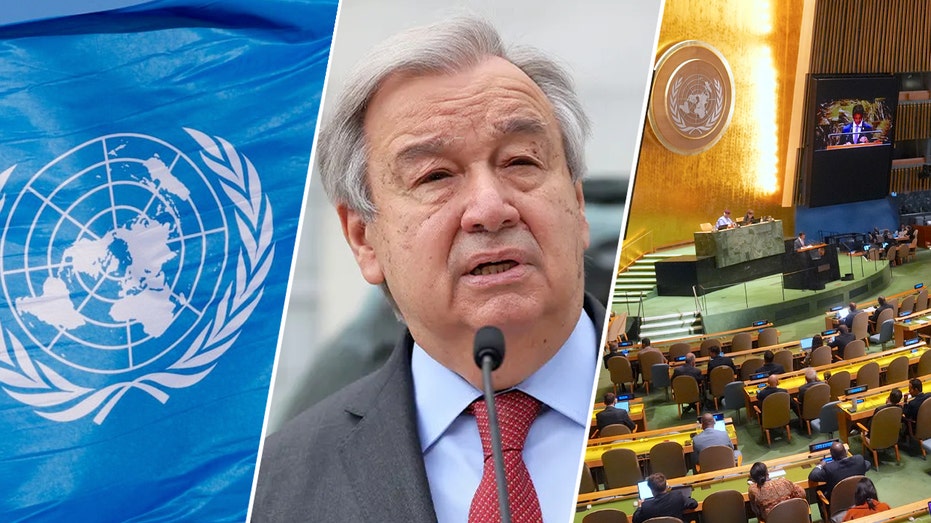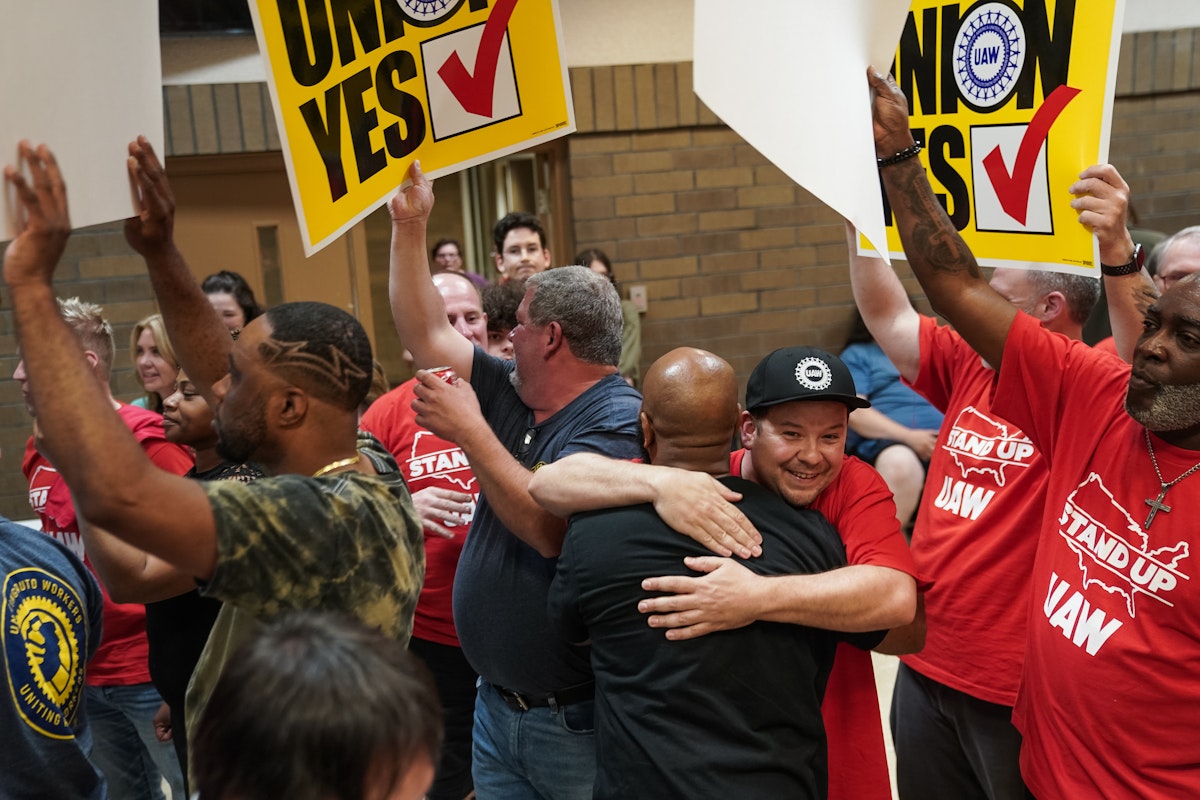UN's 'Pact for the Future' full of empty promises, will be 'cudgel' to attack the United States, expert warns
A U.N. expert argued that the organization has not established itself as a reliable body that can tackle the issues it has raised at the scale or intensity required.

The United States should resist the proposed United Nations' (U.N.) "Pact for the Future," which aims to recenter the global forum as a driving force on issues that it has, thus far, failed to effort any change, according to an expert.
"The Summit of the Future, where U.N. member states are expected to endorse the Pact for the Future, is an attempt by the Secretary-General to ‘reinvigorate global action’ and ‘further develop the frameworks of multilateralism so they are fit for the future’," Brett Schaefer, research fellow in International Regulatory Affairs in the Heritage Foundation's Margaret Thatcher Center for Freedom, said.
"He should instead be calling for reassessment, retrenchment, and refocus," argued Schaefer, who served on the U.N.’s Committee on Contributions between 2019 and 2021. "The international response to COVID-19, for example, was highly flawed; peacekeeping is in retreat; negotiations flounder on divergent priorities; and human rights violators hold sway in the Human Rights Council and General Assembly."
The Summit for the Future will take place ahead of the High-Level week at the United Nations General Assembly. Schaefer argued that U.N. Secretary-General António Guterres worked toward this summit over the past three years through his annual reports, which focused on climate and pollution issues.
The pact would expand that scope and focus on "global shocks," such as "disrupting activity in cyberspace" or "disruptions to global flows of goods, people or finance."
The pact also seeks to change the way nations discuss wealth and productivity, proposing the development of new measures beyond GDP and decentralizing financial governance and voting power from organizations such as the IMF and World Bank to help scale up developing nations.
Guterres showed great concern and interest for how the world will govern "global commons," such as the high seas, the atmosphere, Antarctica and outer space, as well as global public goods, namely initiatives of shared interests between nations.
Schaefer warned that these initiatives, while seeming altruistic, would instead prove too much for the organization to handle – citing its lack of success with such initiatives in the past – and would instead end up handing the U.N. another tool to browbeat dissenting nations such as the United States.
UN AMBASSADOR CRITICIZES ISRAELI MILITARY, CALLS FOR ‘FUNDAMENTAL CHANGES’
"The Pact would bestow additional responsibilities on an organization that cannot handle its current remit instead of focusing on areas like humanitarian assistance where the U.N. can make unique and valuable contributions," Schaefer said.
"The Pact for the Future will join a long list of U.N. declarations that have served as diplomatic and rhetorical cudgels with which to attack the United States," he added. "The prudent path for the U.S. would be not to support the Pact for the Future in the upcoming Summit."
U.S. Ambassador to the U.N. Linda Thomas-Greenfield raised concerns about the pact during a press conference on Wednesday, when she warned that member states still have concerns about the pact.
"We have seen the entire U.N. Member State system engage over the course of the past few months in putting together a Pact for the Future that all can agree to, and I do know that we’re not quite there yet," Thomas-Greenfield said.
IT'S ABOUT TIME THE INTERNATIONAL COMMUNITY TAKES ACTION AGAINST IRAN: DANNY DANON
"As I noted, the negotiations are still taking place as we speak," she said. "I think we’ve accomplished a lot and brought a lot of common priorities together on the table. There are still some major differences."
Thomas-Greenfield warned that no agreement that requires consensus will ever lead to "100% happy" members, and the pact will contain elements "that we all disagree with," which she believed members would raise during the vote on the pact itself.
"I am still hopeful that we will get there," she said, noting that the U.S. was "disappointed that some countries broke silence on a number of issues yesterday because we were so close."
"The G77 had agreed not to break silence," she revealed. "The E.U. agreed not to break silence. We agreed not to break silence. But unfortunately, there are a few others who are still trying to put things into the pact that they know will be difficult to achieve."
"I think you’re probably aware that the Russians broke silence on probably 15 different issues," she said. "They don’t like, of course, any reference to sanctions. I understand Saudi Arabia broke silence on issues related to climate, that others broke silence on issues related to IFI reform."
"We had issues on that language, but we were able to come to a place that we could accept the language, although we didn’t think it was perfect, so all of those negotiations are continuing right now," she added.



